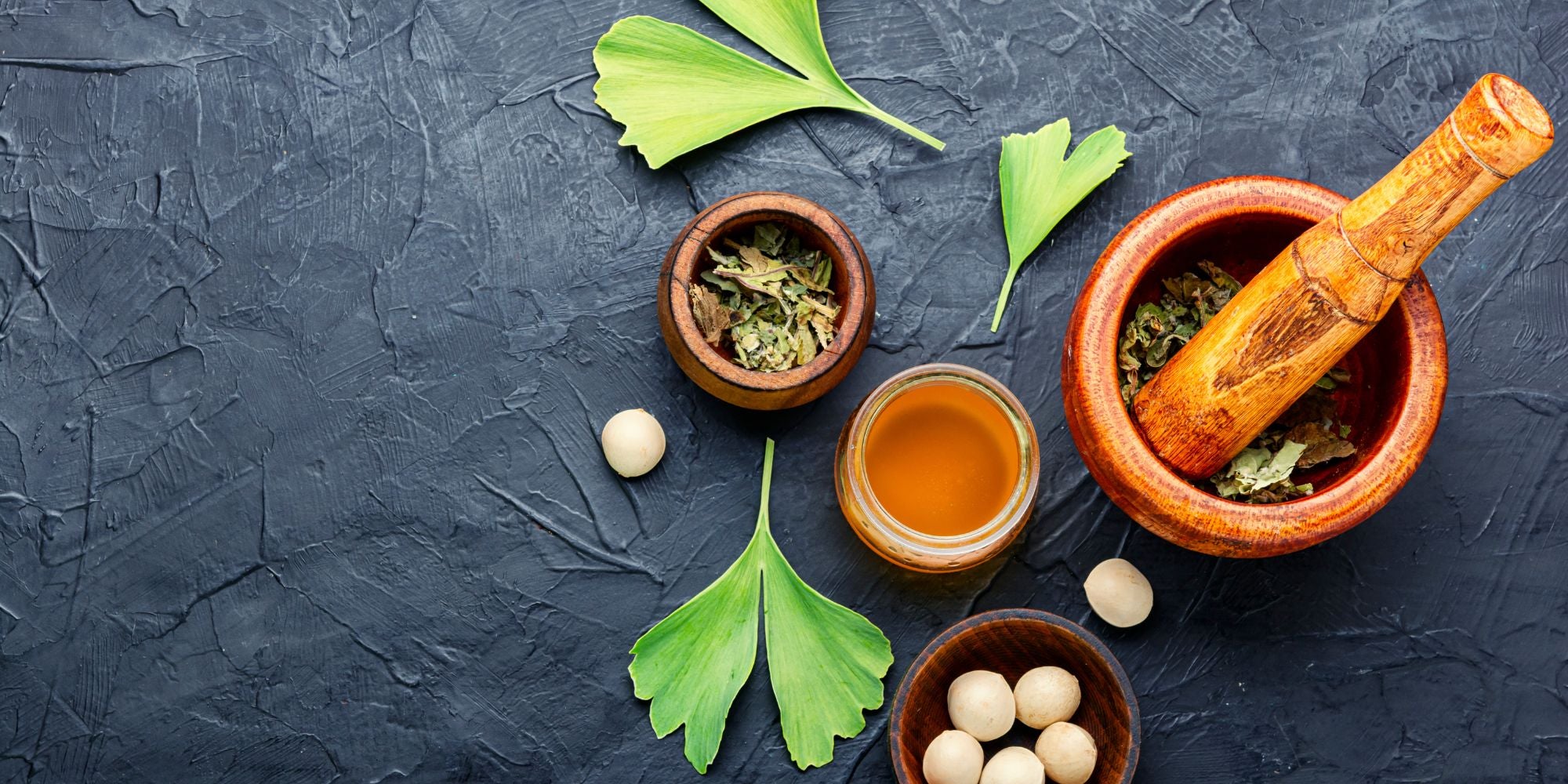
Altitude sickness can have a devastating effect on travelers. We've done research on dozens of altitude remedies, and here we'll reveal our key discoveries on does Ginkgo Biloba help with altitude sickness.
Ginkgo biloba, a popular herbal supplement for memory and circulation, has also been touted as an herb for altitude sickness.
Ginkgo biloba is a plant native to China that has been used in traditional Chinese medicine for centuries. The dried leaves and seeds of ginkgo trees have many health benefits including improving memory and cognitive function, lowering cholesterol levels, preventing heart disease and improving circulation to the brain and extremities. It has also been studied for its potential use in treating Alzheimer's disease.
Today, ginkgo is one of the most popular herbal supplements in the United States. We'll reveal below l if ginkgo biloba for altitude actually works.
In our review of research on Ginkgo Biloba for altitude sickness, while evidence it can help, we also found some conflicting information in three studies.
Altitude sickness is a temporary condition caused by the low oxygen levels that occur with increased elevation.
The decrease in oxygen levels increases pressure in your lungs and forces you to work harder when you breathe. Also known as hypoxia or hypoxemia, this condition makes it difficult for your body to deliver enough oxygen from your lungs to your muscles and brain tissue.
The main symptoms of altitude sickness are:
The standard dose of Ginkgo Biloba extract (GBE) ranges from 40 mg per day to 240 mg per day, depending on age and other factors such your health condition.
We detailed the studies to find the best Ginkgo Biloba dosage for altitude. In the two studies where some effectiveness was observed, dosages of Ginkgo Biloba were 80mg every 12 hours or 240mg once a day. So the ideal Ginkgo Biloba dosage for altitude is between 160mg and 240mg per day.
Ginkgo Biloba can be taken with food or without food throughout the day. Study participants started taking Ginkgo Biloba at least 24 hours prior to ascending for altitude sickness prevention, then each day while exposed to high altitude.
As a company that specializes in supplements for high altitude, we've narrowed down some of the top researched herbs for altitude adjustment that are shown to be most effective. The top three ingredients have scientific research to back up various statistically significant results for high altitude.
To read more about these ingredients, we discuss them in our 3 herbs for altitude adjustment article.

Zaca chewables are a top rated altitude supplement for athletes, travelers, mountain-goers, and climbers alike. Our proprietary herbal blend was made to help your body rehydrate, replenish and recover fast. Designed to protect your body and improve your performance, Zaca includes key ingredients such as DHM, Glutathione and Glutamine. And because they’re chewable tablets, they’re easy to take when you need them most. Try Zaca's altitude supplement today and thrive on your next mountain expedition.
SOURCES:
1. Ginkgo biloba decreases acute mountain sickness in people ascending to high altitude at Ollagüe (3696 m) in northern Chile
https://pubmed.ncbi.nlm.nih.gov/18076292/
2. Ginkgo biloba does--and does not--prevent acute mountain sickness
https://pubmed.ncbi.nlm.nih.gov/19364166/
3. Ginkgo biloba and Acetazolamide Prophylaxis for Acute Mountain Sickness
https://jamanetwork.com/journals/jamainternalmedicine/fullarticle/486404
Copy the coupon code & use it at checkout